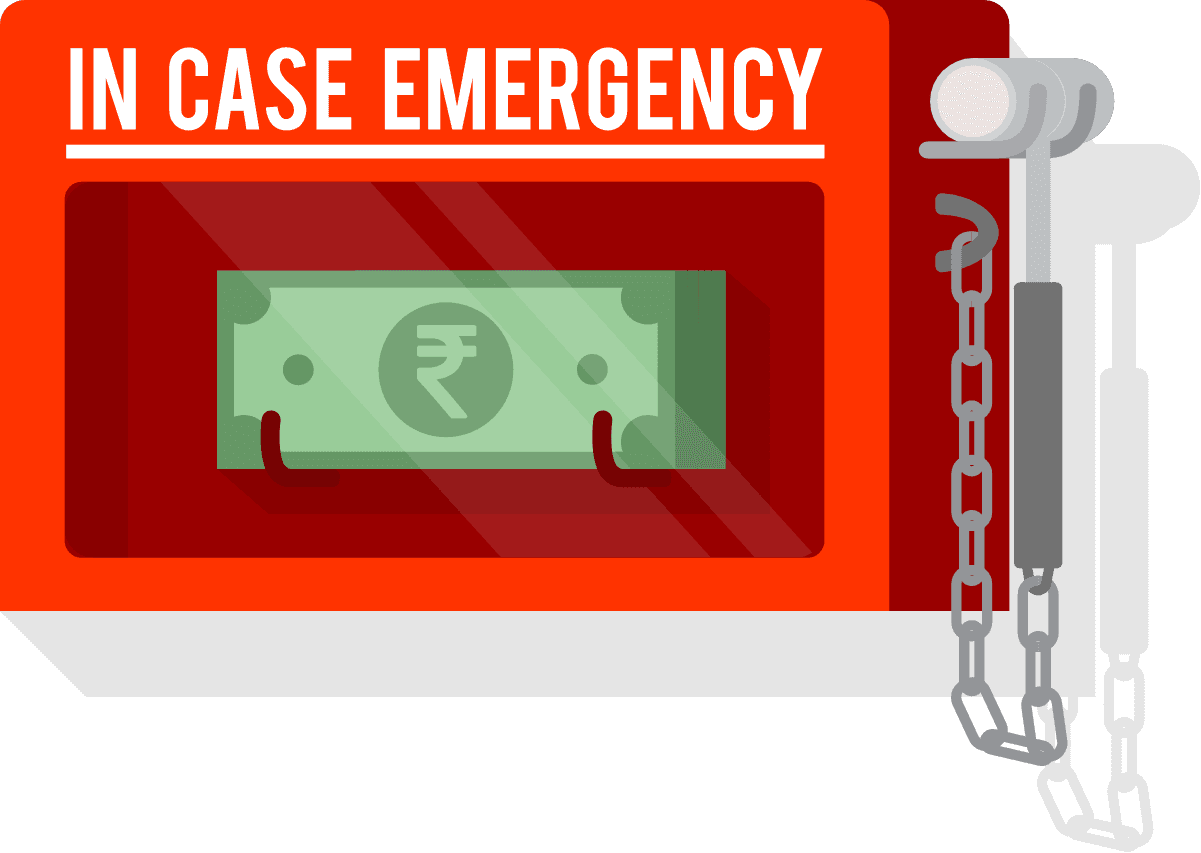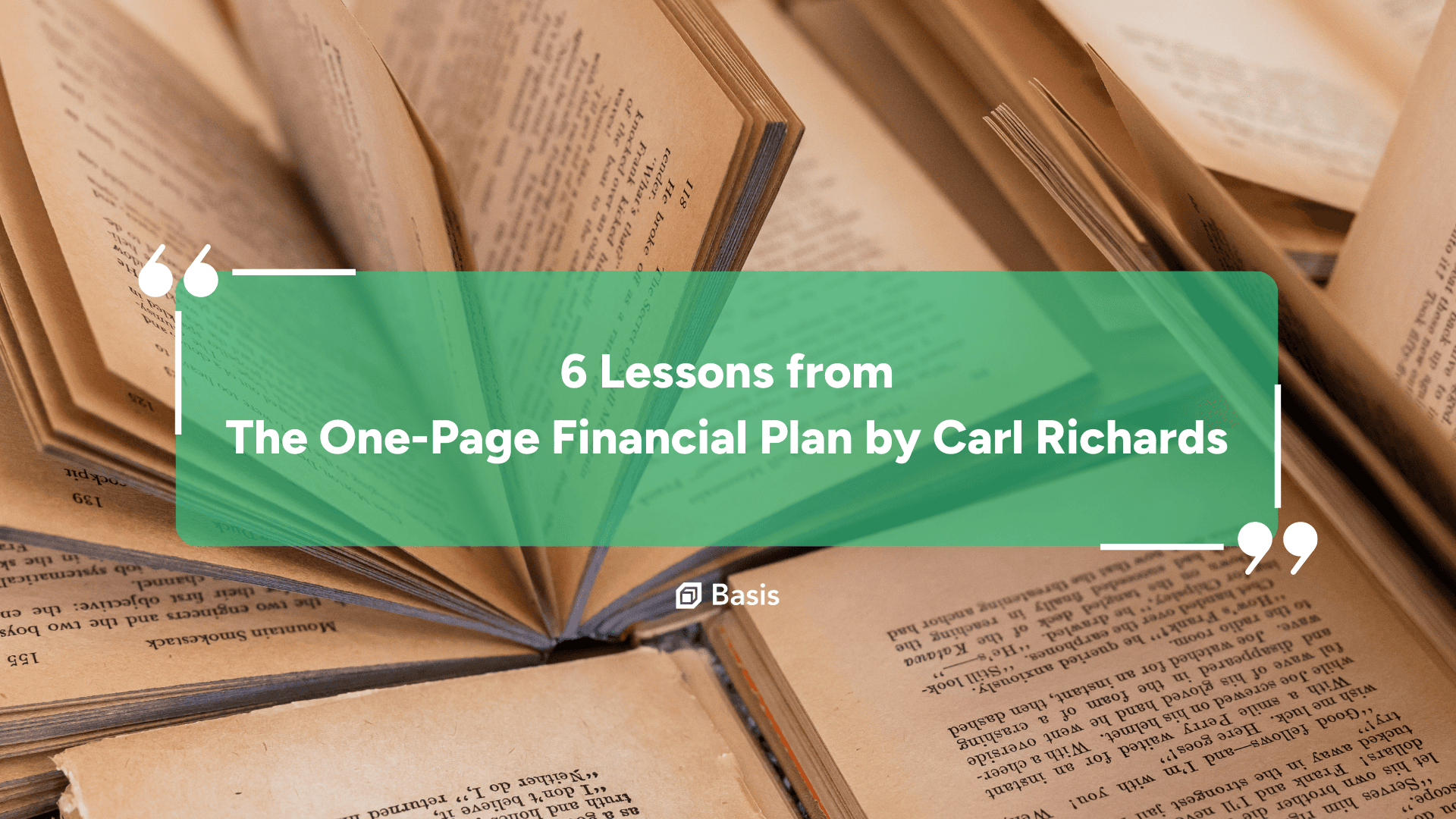So should I dip into my emergency fund? The dos & don’ts
Insurance
|
Apr 23, 2020
So you were one of the smart ones who were prepared for these tough times. The one who built her “rainy day” fund, so precariously. And suddenly, it seems the world has gone into a frenzy, and you might actually need to break this “piggy bank”. While building it took you months, now is the time to prepare yourself on using it as wisely as you can.
Here are a few tips to make the best use of your emergency fund:
1. Ask yourself ‘Is this the time to dip in’?
In case of a sudden loss of income, or an unexpected medical situation, it might be necessary to pull out the emergency fund. However, a salary cut might not warrant such panic. The real question to ask is if you don’t use the fund, will it drastically impact your daily life or your family’s?
This is an important time to identify between your needs and wants. Could this expense wait for a later date? Could you live without this temporarily? Jot down your needs and if your current cash flow cannot meet the needs, then yes, you ready to dive in.
2. Scope out the amount you would need
This is a crucial step in making the best use of your emergency fund. Building a fund requires a good understanding of the fixed expenses (rent, utilities and so on) and variable expenses (dining out, shopping, movies, etc). Similarly, before you start withdrawing, it is a must to list down the expected fixed and variable expenses too.
This is also the time to ask yourself real questions like - Can I live without this expense for now? This exercise would impact the best use of this rainy day money.
For example, a fund worth ₹ 5 Lakhs, with monthly fixed and variable expenses worth ₹ 1 Lakh each, could normally last for 5 months. However, a closer look might bring down the monthly spends to ₹ 80,000. The same fund is now usable for another month. The bottom line is to “be hawk-eyed”.
3. Stick to your monthly budget – get your family involved
Once you know the amount available, bifurcate it into a clear monthly budget. This is where sharing this with family is very important. This tough situation might require a few sacrifices by each member, including the children.
“Don’t hide or avoid talking about this to your children. Instead, understand that this is an important time to share the load and can be a learning experience for all.”
Together, maintain a close limit on family spends to ensure the budget strings are well-managed from the first month itself.
4. Stagger your expenses out wherever possible
This is the time to ensure you defer spends which can be extended and only choose the “must-do, right now” spends. For example, house maintenance or repairs, car servicing requirements, and such like, which can wait, would help to extend the usage of the current fund.
5. Don’t forget to replenish first
Once you start getting an income flow, and the situation stabilises, pat yourself for having been prudent. Remind yourself of keeping aside a small amount from your income for replenishing the amount used up in the emergency fund.
You can start planning for your emergency fund at Basis. While the little luxuries will be back in your life, and well-deserved too, make room first for the “chor pocket” which supported you when you needed it.
Read More
Unleashing Alexis Rose's PR Magic: Building Her Own Empire
Apr 23, 2020
Unlocking your go to guide to navigate Gold 🌟
Apr 23, 2020
Investing in Gold 101 - A handbook on why, and how to invest in Gold
Apr 23, 2020
Is Taylor Swift REALLY saving the US Economy?
Apr 23, 2020
6 Lessons from The One-Page Financial Plan by Carl Richards
Apr 23, 2020
5 Reasons You Need a ̶P̶r̶e̶p̶a̶i̶d̶ Power Card
Apr 23, 2020







